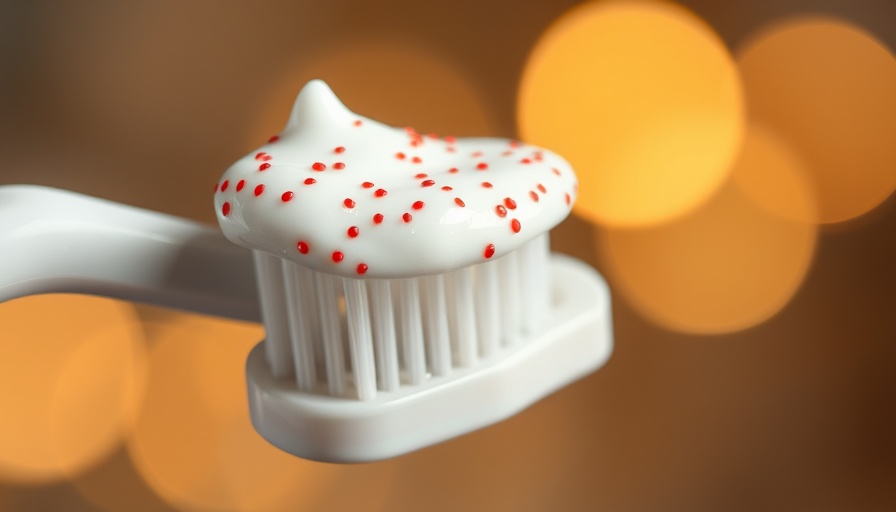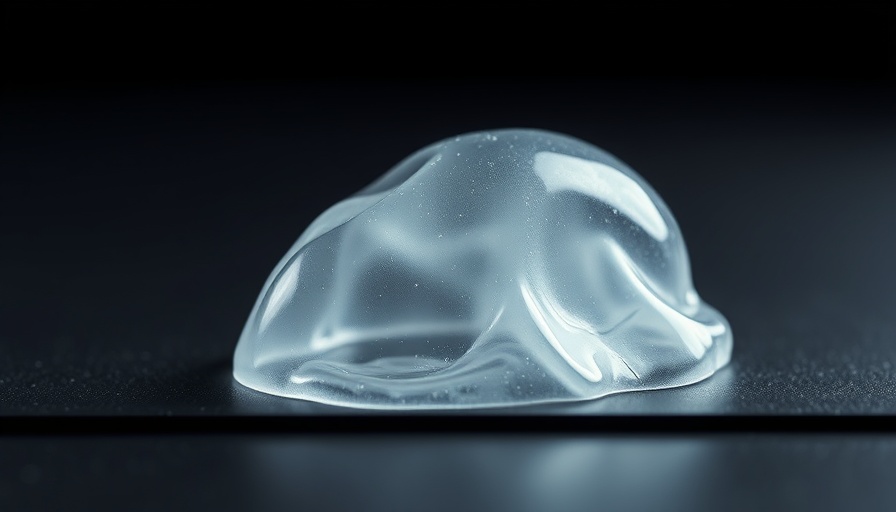
Understanding the Rise in Teeth Grinding Among Adults
Teeth grinding, clinically known as bruxism, is becoming an increasingly common issue; a recent survey found that 70% of dentists report noticing a surge in grinding cases among their patients. While stress has long been acknowledged as a primary cause, the COVID-19 pandemic has exacerbated this condition, resulting in more people grinding their teeth than ever before.
In 'Why is Teeth Grinding Up 70%?', the discussion dives into the alarming rise in bruxism cases, highlighting stress as the primary cause—an issue that we are further analyzing here.
The Connection Between Stress and Teeth Grinding
Stress is the most significant contributor to bruxism. The changes in daily life during the pandemic—including job loss, health fears, and social isolation—have led to increased anxiety levels, which in turn have manifested in physical symptoms like teeth grinding. Many people may not even be aware that they are clenching their jaws at night, making it a silent issue with potentially severe long-term consequences for dental health.
Other Contributing Factors to Consider
In addition to stress, factors such as sleep disorders, misalignment of teeth, and certain lifestyle habits can contribute to teeth grinding. Conditions like sleep apnea can cause individuals to clench their jaws in a response to obstructed breathing at night. Aligning teeth is not merely aesthetic; it can also alleviate some of the functional problems that lead to bruxism.
Long-Term Effects of Teeth Grinding
A key danger of bruxism is the potential for serious dental damage. Teeth may chip, crack, or wear down over time if not properly addressed. Symptoms such as jaw pain, dull headaches, and neck discomfort are often signs that a person may be grinding their teeth. For many, the initial discovery often comes from routine visits to the dentist, where subtle signs of wear can be detected.
Managing Teeth Grinding: Proactive Approaches
While stress management techniques like yoga, meditation, and therapy can help, they do not stop the grinding itself. One effective solution is the use of custom night guards. These dental devices are designed to fit an individual’s mouth perfectly, providing a protective barrier that can prevent further dental problems. Consulting with a dentist to explore this option, and potentially addressing any underlying issues such as misalignment or sleep disturbances, is crucial.
Children and Their Unique Challenges
It’s important to note that teeth grinding is not limited to adults; children can grind their teeth too. However, the causes may differ, often relating to mouth irritation or misalignment rather than stress. Most children will outgrow this habit as they grow older, but parental oversight and consulting with a dentist are advisable.
 Add Row
Add Row  Add
Add 




Write A Comment